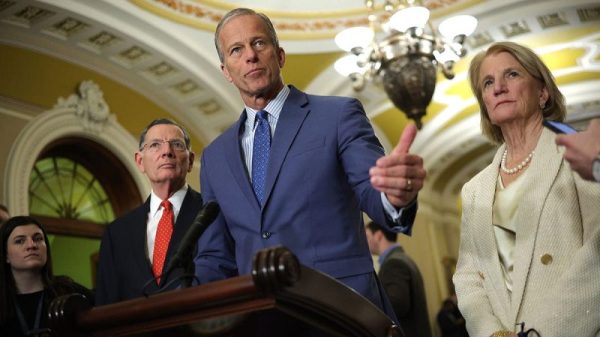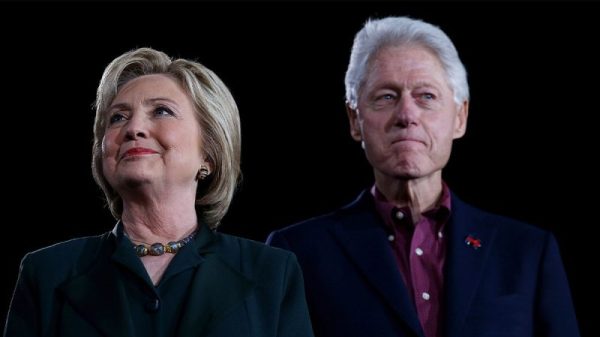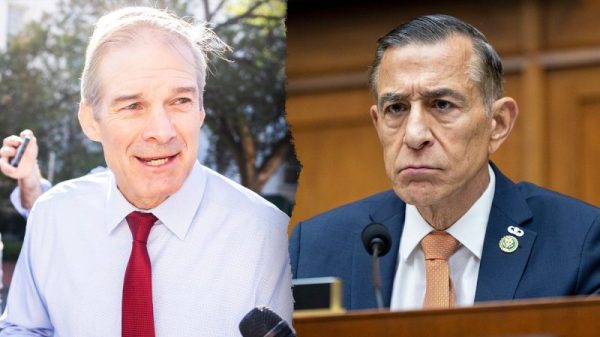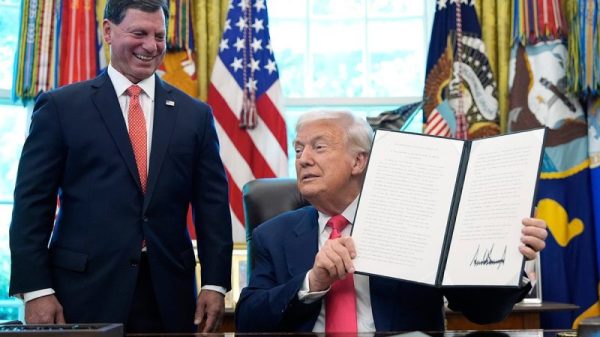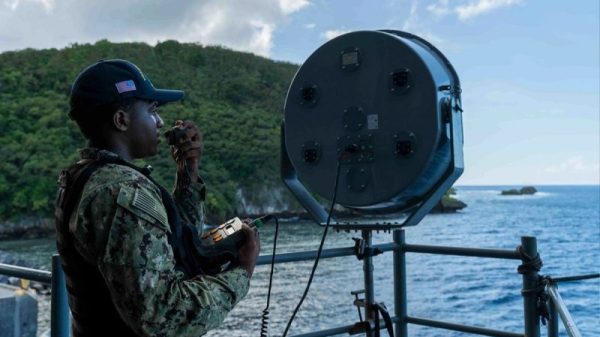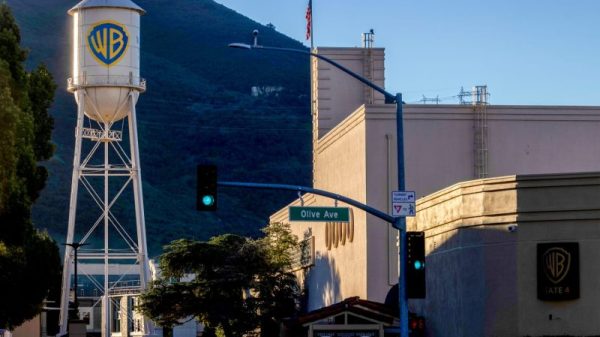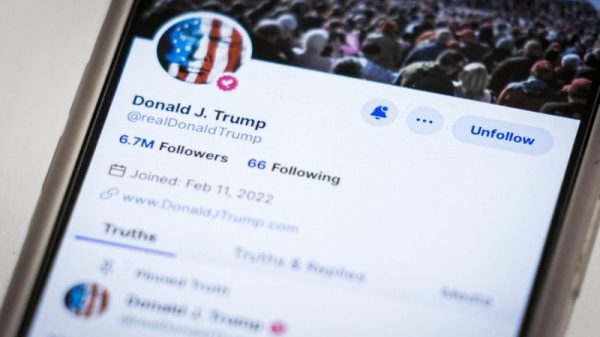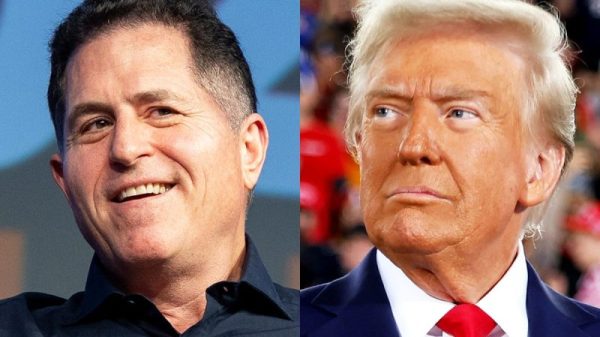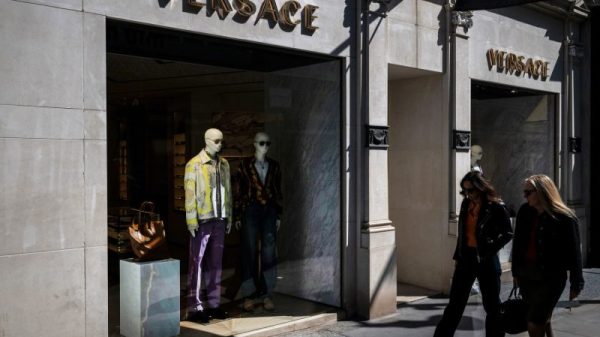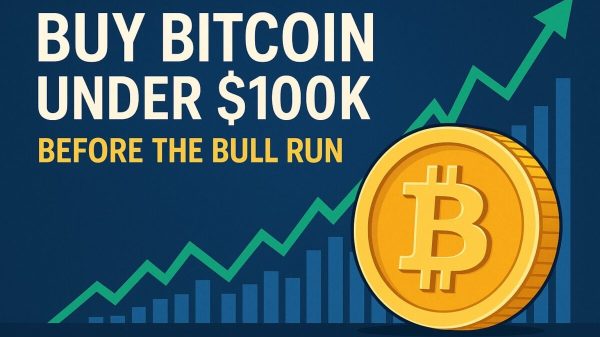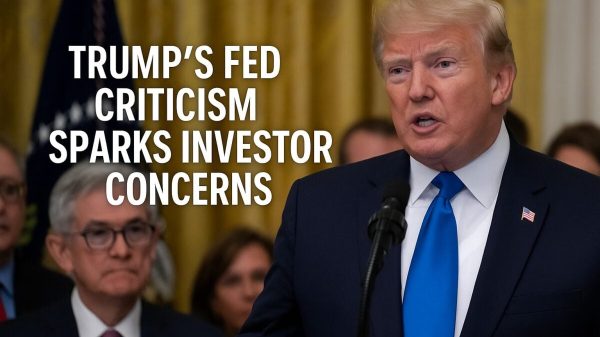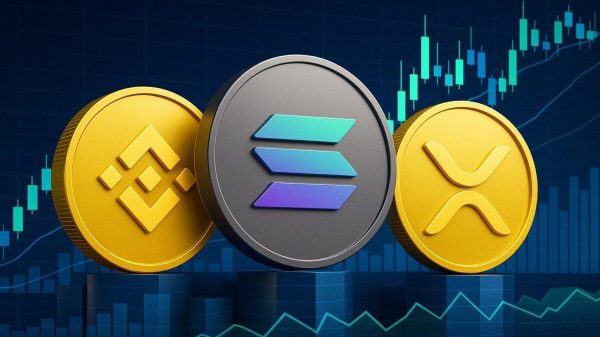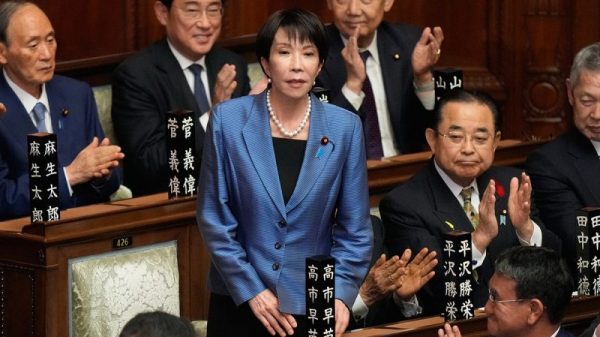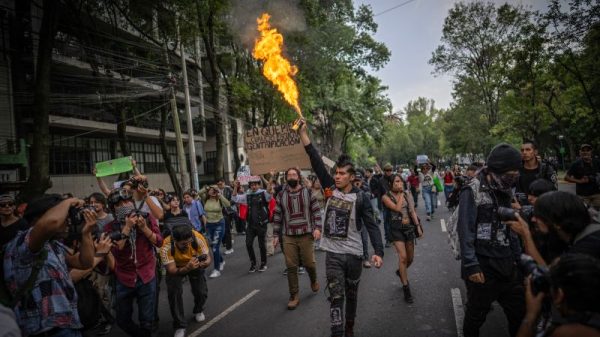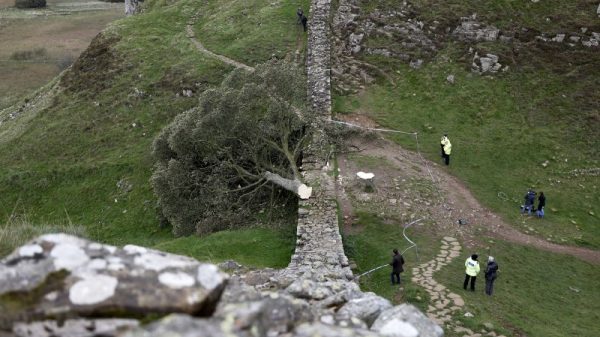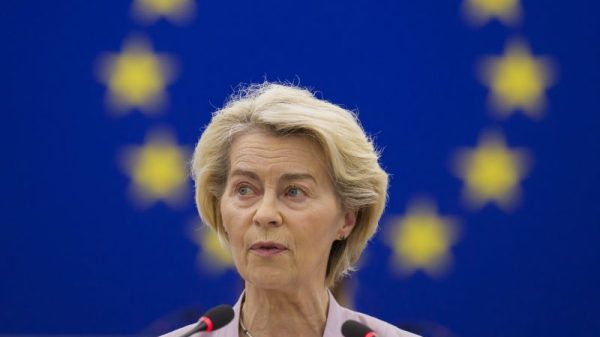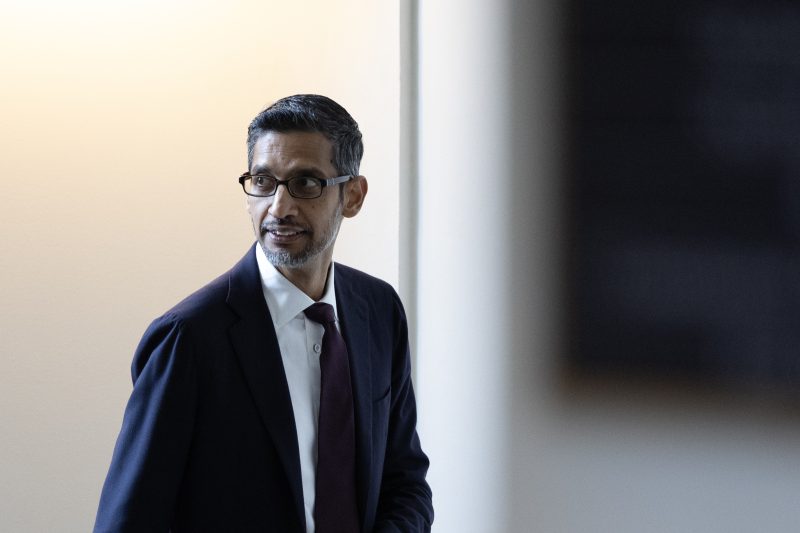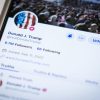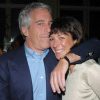Google CEO Sundar Pichai, appearing as his company’s star witness in a landmark monopoly trial, said Monday that Google faced a “very competitive” dynamic while negotiating a crucial multibillion-dollar deal with Apple in 2016.
His testimony came as Google mounted its defense against the government’s contention that it wields illegal monopoly power over the search sector, in a trial entering its eighth week at the E. Barrett Prettyman Federal Courthouse in D.C.
Pichai highlighted that Apple was considering other options than Google search when the two companies were renegotiating their default deal seven years ago. He said Google had to compromise to meet Apple’s demands.
“There was a lot of uncertainty about what would happen if the deal didn’t exist,” Pichai said.
Pichai’s testimony stood in contrast to the Justice Department’s characterization of Google as calling the shots with device manufacturers and demanding that they set Google search as their default if they wanted a share of search ad revenue.
Pichai was the third witness to testify as part of Google’s defense, which began Thursday. The Justice Department and a group of state attorneys general had spent the previous six weeks making their case that Google broke federal monopoly law in maintaining its 90 percent market share in the search and search advertising markets.
The department is arguing that Google illegally maintained a search monopoly by paying billions of dollars a year for its search engine to be the default on iPhones and Apple devices. Prosecutors say consumers have been hurt by fewer options, degraded service and higher advertising costs.
Evidence introduced in court Friday showed that Google spent $26.3 billion in 2021 on “traffic acquisition costs,” a category that encompasses its payments to companies such as Apple for search defaults. Before the trial, Google and its partners had rarely talked publicly about these transactions.
Google argues that it dominates the search market simply because it produces the best product.
“This court cannot intervene in the market and say, ‘Google, you’re not allowed to compete,’” the company’s lead litigator, John Schmidtlein, said in his opening statement.
Last week, Google’s attorneys called to the stand the company’s senior vice president for search, Prabhakar Raghavan, who said the company felt a real competitive threat from other companies.
Judge Amit P. Mehta is expected to issue a judgment next year.
Pichai began his testimony Monday by recalling his childhood in Chennai, India. He said that his family didn’t get a rotary telephone until he was 12 and that it changed every facet of their lives. After studying at Stanford University and working at the McKinsey consultancy, Pichai joined Google in 2004 as a product manager for Google Toolbar. He became head of all the company’s products and services in 2014, and CEO in 2015.
Pichai testified about the development of Google’s Chrome, the world’s leading web browser, which has Google search set as the default. He pointed to Google’s innovations in Chrome as directly correlated with how much time users spend with Google’s search engine.
Much of the questioning from attorneys on both sides revolved around Google’s deal with Apple, the largest of its search default agreements by dollar value. The government argues it shows that even Apple, the world’s most valuable company, did not have the power to diverge from Google’s terms, while Google contends the negotiations show they face real competition.
Pichai said that Google worried when Apple began mulling ways to siphon off some search queries, including the possibility of its own search engine. In a 2019 internal email, Pichai asked staff to notify him if anyone left the search team for Apple.
In cross-examination by Justice Department attorney Meagan Bellshaw, Pichai said that the default deals were “very valuable” to Google. He acknowledged that Google had threatened legal action against Microsoft in the 2000s for setting its own search engine as the default in a new version of its Internet Explorer browser without prompting users with an option to switch. Pichai said the situation was different because Microsoft made it more difficult than Google had for a user to change the settings.
The evidence presented to the court includes an email Pichai sent to colleagues in 2007 suggesting they allow Apple to make it easy to switch from Google to Yahoo search on Apple’s Safari browser, even though Google was insisting on default status as part of their revenue-sharing deal. Pichai wrote that he worried about the “optics” of being the only search engine in the browser.
Other internal Google emails shown at trial suggest that executives were mindful of avoiding keywords like “market share” in their records to avoid becoming an antitrust target.
Bellshaw also pointed to an internal Google memo in December 2018 outlining Pichai’s latest meeting with Apple CEO Tim Cook. The memo summarized Cook’s hope for the two companies to be “deep deep partners, deeply connected where our services end and yours begin.”
Pichai pushed back on the idea that their multibillion-dollar search deal had foreclosed competition between the two tech giants, saying that part of the memo was specifically about Google search in Apple’s Safari browser.
“We fiercely compete on so many products,” Pichai said. “The meeting was tense at times. We continue to have moments of tension between the companies.”
Pichai said he and Cook try to meet each year in “CEO check-ins.”
Gary Reback, a veteran antitrust attorney who is following the trial but not representing either party, noted that while much of the Justice Department’s case is based on emails and other records from Google itself, Google executives are contesting the department’s conclusions from those records. It remains to be seen which version Mehta will find more credible. “Something important in this case is, is the Google witness testimony in the trial being believed by the judge or not?” Reback said.
The tech industry is closely watching the trial, the first time the Justice Department has taken a tech company to court on antitrust charges since Microsoft in 1998. It is the first of two antitrust cases the department is pursuing against Google.
Other prominent executives who have appeared on the stand include Microsoft CEO Satya Nadella and Apple senior vice presidents Eddy Cue and John Giannandrea.
Giannandrea’s testimony revealed that Apple considered mounting a challenge against Google in search by acquiring Microsoft’s search engine Bing, but that it decided its customers would prefer to use Google search.
Executives from Google’s smaller search rivals DuckDuckGo and Neeva also testified, arguing that they didn’t have a level playing field because of Google’s practices.
The case has been marked by clashes over public access. Mehta started out with a conservative approach, granting Google a sealed courtroom for extensive portions of testimony. The New York Times and other news organizations filed a motion this month for greater transparency.
Responding to backlash, Mehta has shifted to a more open approach, including retroactively unsealing parts of the testimony.

